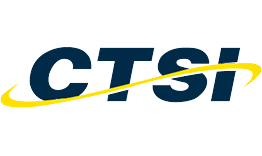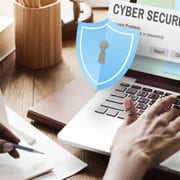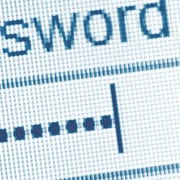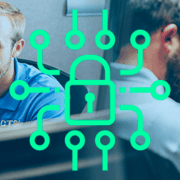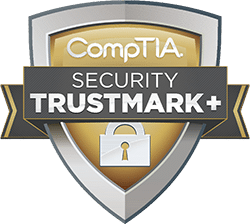Cybersecurity Essentials for Regulated Industries
All companies need to protect their customer data, but regulated industries have a special obligation.
After all, they’re entrusted with the most sensitive information – from financial details to confidential health records.
Unfortunately, these industries also face a world of relentless cyber threats. Cybercriminals are smart and they go where the money is.
Here are some best practices that can prevent data breaches from bringing your operation to a crashing halt.
Assessments and Monitoring
It’s wise to let expert cybersecurity consultants test your entire network infrastructure for gaps. Network assessments will show your network’s weaknesses and potential vulnerabilities.
Identifying these issues before they can be exploited is a key step in keeping your network safe.
Professionals can fortify soft spots with customized solutions like email filters, antivirus software, cloud-based backup solutions, and more. They can also recommend new access control levels ensuring employees only access the parts of the network they really need to use.
Assessments are not a one-and-done solution. Routine audits will keep your system strong and your business prepared for new malware and other cyber threats that arise.
In addition, IT experts can provide 24/7 network monitoring services.
Expert technicians watching over your technology systems can spot issues as soon as they arise and address them before they become a bigger problem.
If, for instance, they notice a strange login or unusual network traffic, they can freeze the activity, block or remove the threat, and initiate an investigation before real harm is done.
Related Articles:
Teaching Employees Best Practices
Some of the most serious threats come in the form of an employee error or unwitting mistake. Innocent though it may be, any action that accidentally exposes protected information could put your institution at risk and out of compliance.
Hackers love to exploit gaps in employee security knowledge.
They often attack in the form of email phishing attempts, guessing weak passwords, and tricking employees into downloading malicious files or even sharing sensitive information.
That’s why providing your employees with ongoing cybersecurity training is essential. With the right training, your employees can become your greatest cybersecurity asset.
It’s also important to provide training at frequent intervals. Even the best listener won’t retain everything learned in a single session.
When you provide regular refreshers and updates on topics like cybersecurity best practices, how to spot phishing attempts, and safe web browsing practices, you’re not only helping your employees retain the information but you’re also communicating how important network security is to your organization.
Related Articles:
Contingency Planning
It’s vitally important to put all of your security policies and plans in writing so every employee can read, review, and sign off on them.
The most important thing you can do to prepare for the unexpected is to create a backup and disaster recovery plan. You don’t want to wait until after a disaster has occurred to figure out what to do.
A good plan should address different potential disasters that could occur (i.e., natural disasters, hardware failure, and cybersecurity incidents) and an action plan for taking immediate steps to recover from the incident.
Having good cybersecurity measures in place is vital to the success of your organization. It’s a matter of not only keeping your business operating but also protecting your reputation.
One of the best things you can do is to partner with an IT company experienced in providing cybersecurity solutions for regulated industries.
They can help ensure you have the right protection in place to keep your business safe and your reputation intact.
